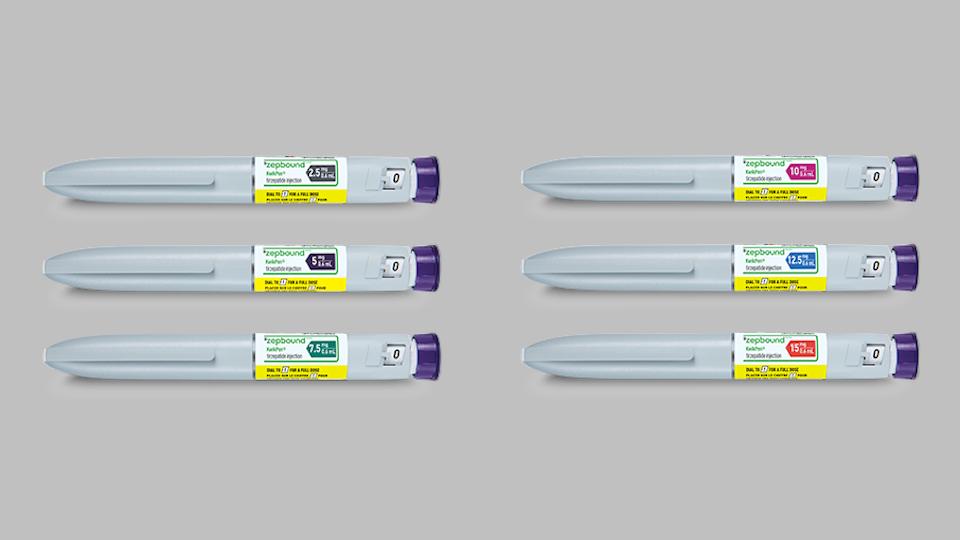Gene editing to create new generation of targeted drugs

The revolutionary gene-editing technology CRISPR is likely to give rise to the next generation of targeted drugs, and even genetically-engineered cells, but is still a long way from being used as a therapy, experts said at a briefing.
CRISPR – or Clustered Regularly-Interspaced Short Palindromic Repeats – is a gene-editing system based around the primitive immune systems present in prokaryotic bacteria, which use a suite of DNA primers to make proteins that recognise genes from specific viruses and chop them up.
Horizon Discovery Group's briefing on the uses of the new technology explained that CRISPR can already be used to make the process of gene editing easier to implement by researchers as the desing and manufacturing process to producing reagents is simpler than established gene editing techniques, such as using viruses to insert genetic material or so-called 'zinc fingers' to disrupt gene function by creating targeted damage to DNA.
A huge increase in use of CRISPR technology in recent years has led to a vast suite of genetically-engineered cells that have genes altered, turned on, or turned off, which can be used in the drug development process.
The impact of gene editing has been felt in the research tools space in numerous current targeted therapies including Pfizer's Xalkori (crizotinib) a lung cancer drug that targets a genetic anomaly found in only 5% of patients, according to experts at the meeting yesterday.
A highly-targeted therapy, Xalkori, required smaller trials to develop it, cutting development time and leaving Pfizer with a longer on-patent period, said Darrin Disley, CEO of Horizon Discovery, a biotech research company based in Cambridge, UK.
Disley said: "They knew which patients to target, the clinical trials were shorter and less costly and the they had 15 years of patent protection." The return on investment was "dramatically higher" for Pfizer he explained.
Jon Moore, chief scientific officer at Horizon, added: "It [CRISPR] will form the basis of many targeted molecular, cell and gene therapies used in the 2020s."
But the conference heard a note of caution from Dr Feng Zhang, professor of biomedical engineering at the Massachusetts Institute of Technology, who is attempting to modify the protein produced to cleave the DNA strands to reduce the number of breaks away from the target sequence.
He said that because of CRISPR's tendency to also cleave DNA molecules away from the target site, work needs to be done to ensure the system is 100% accurate before it can be used to edit the genes of a living subject and potentially cure inherited diseases.
Only when the off-target events are completely eradicated will the technology be ready for use to edit DNA faults in live subjects, he explained. "Work still needs to be done," he said, adding that he is also using CRISPR technology to study resistance to Roche's Zelboraf (vemurafenib) melanoma drug.
In the meantime, Moore noted that big pharma companies are "piling in" to ensure that they have a stake in modified-cell technology, featuring specially-engineered cells produced using CRISPR technology that could have a wide range of uses in inherited diseases.
Read more:
Bayer and CRISPR Therapeutics launch gene drug discovery venture











